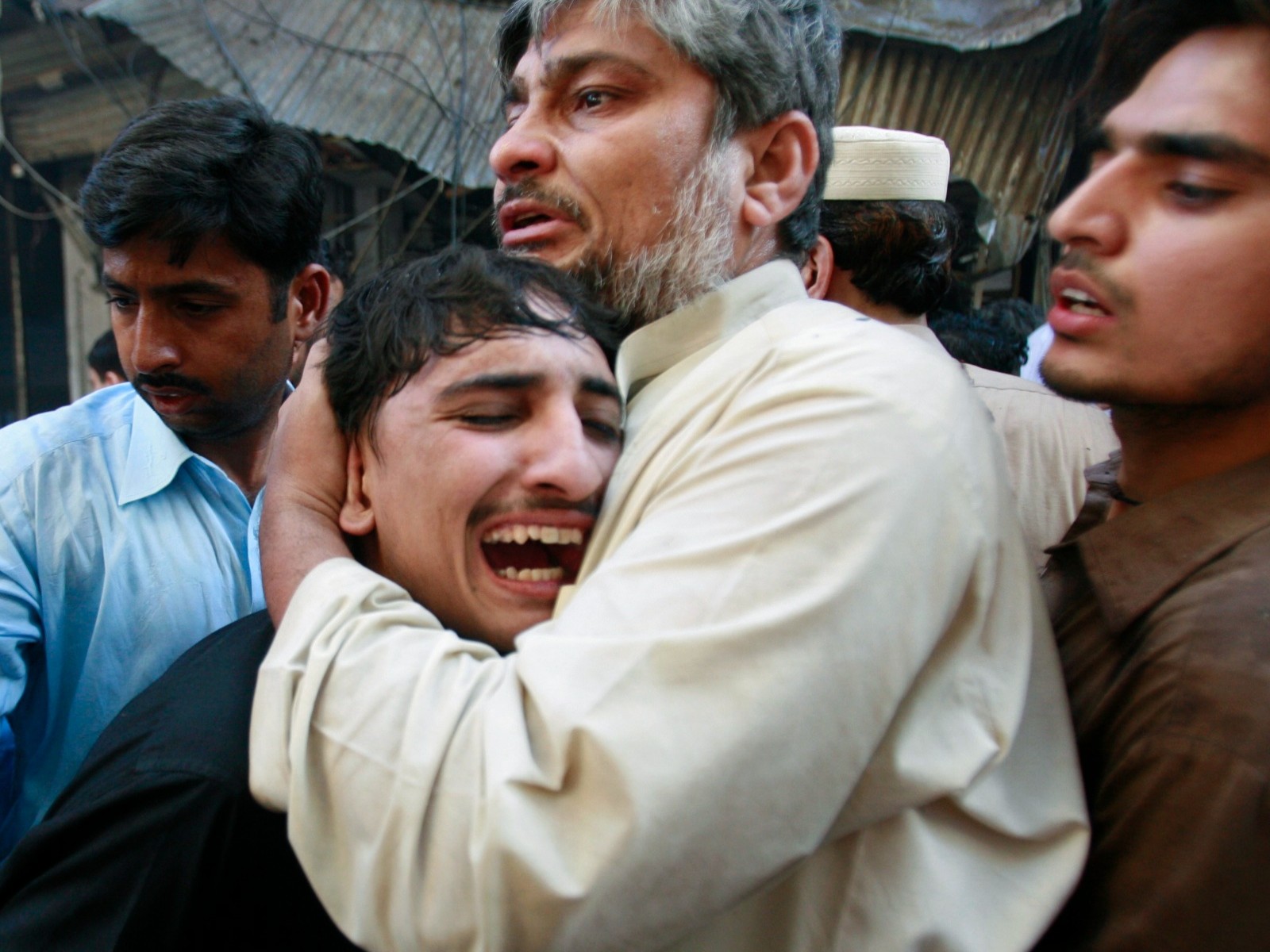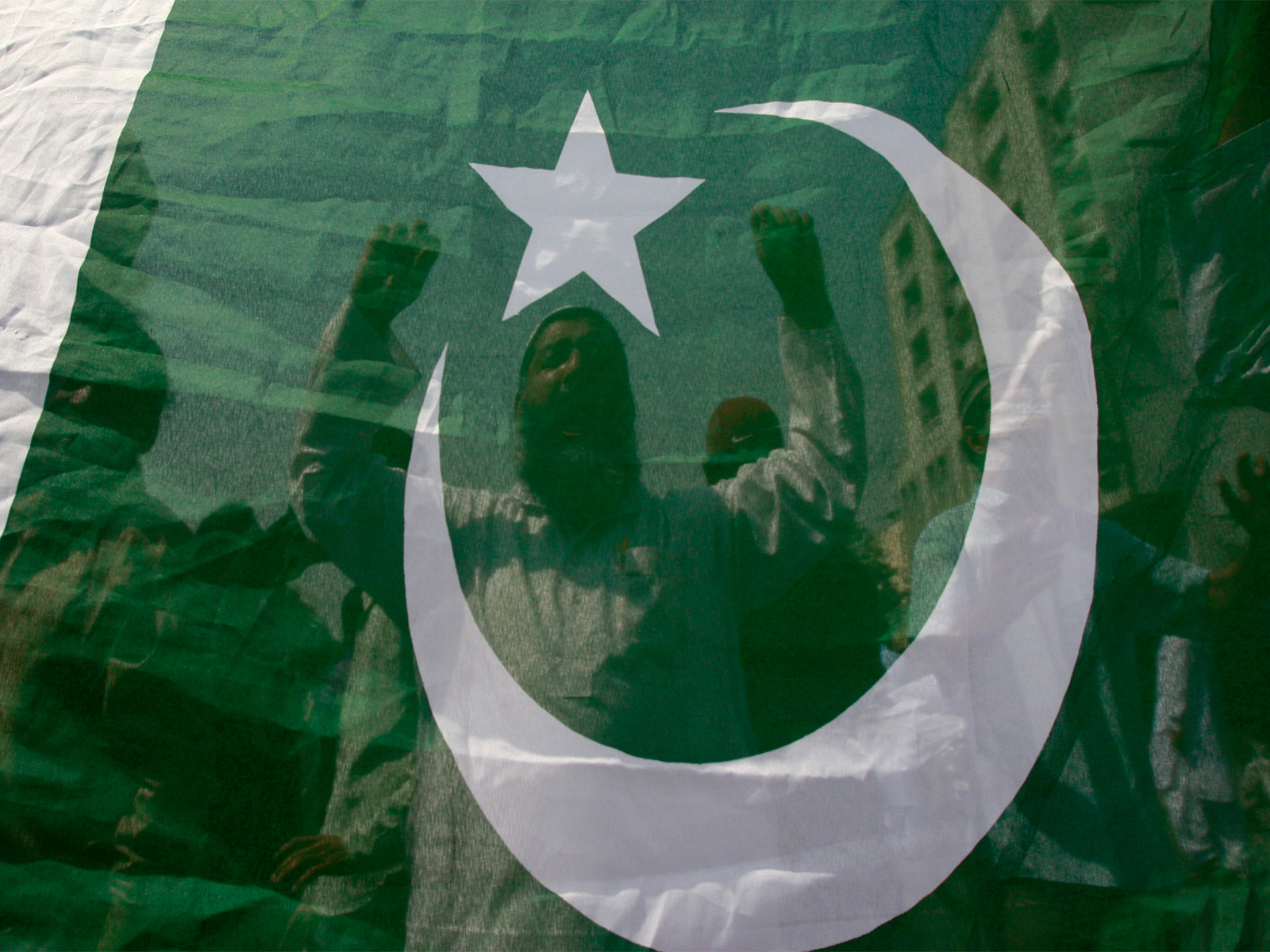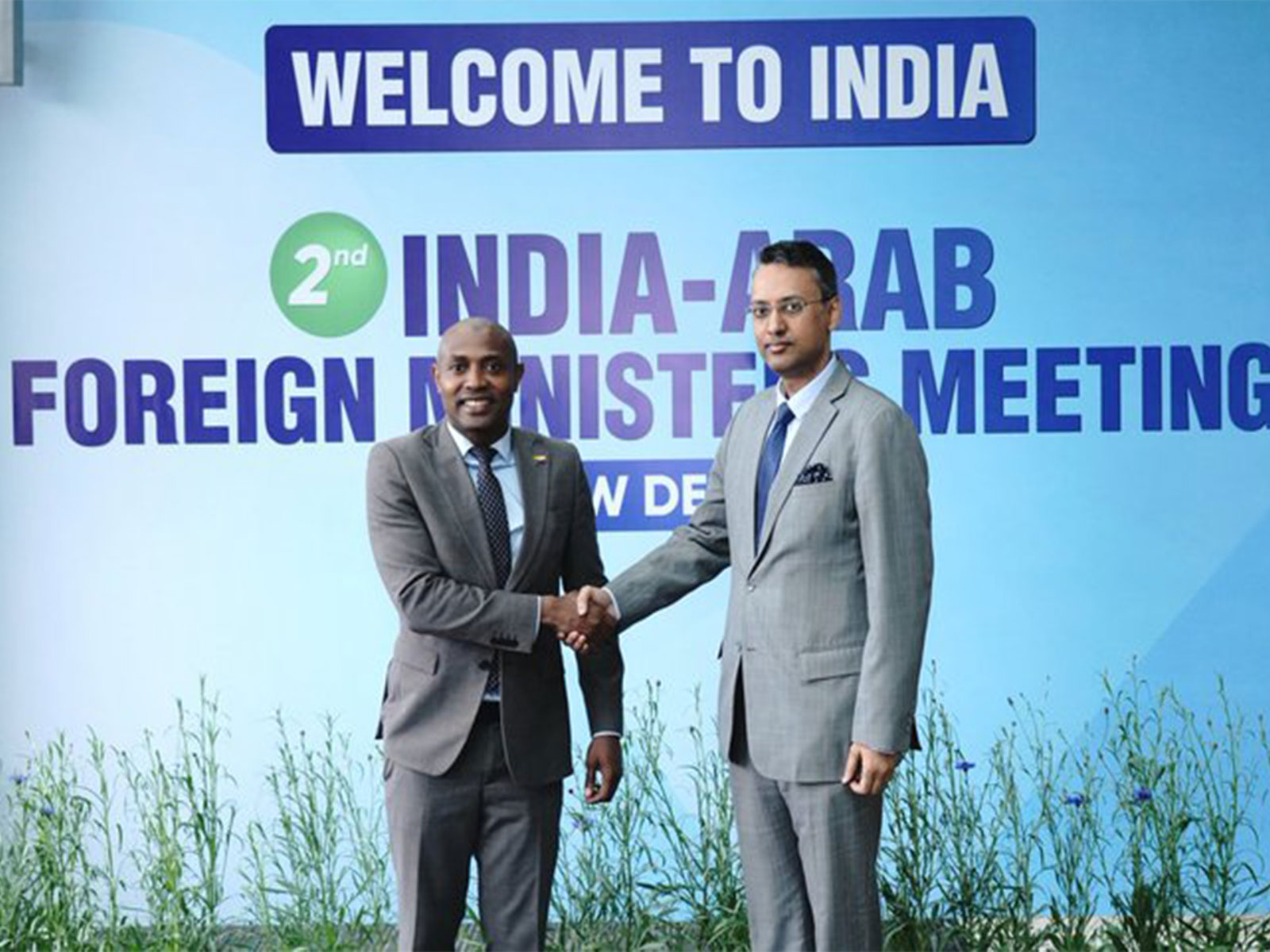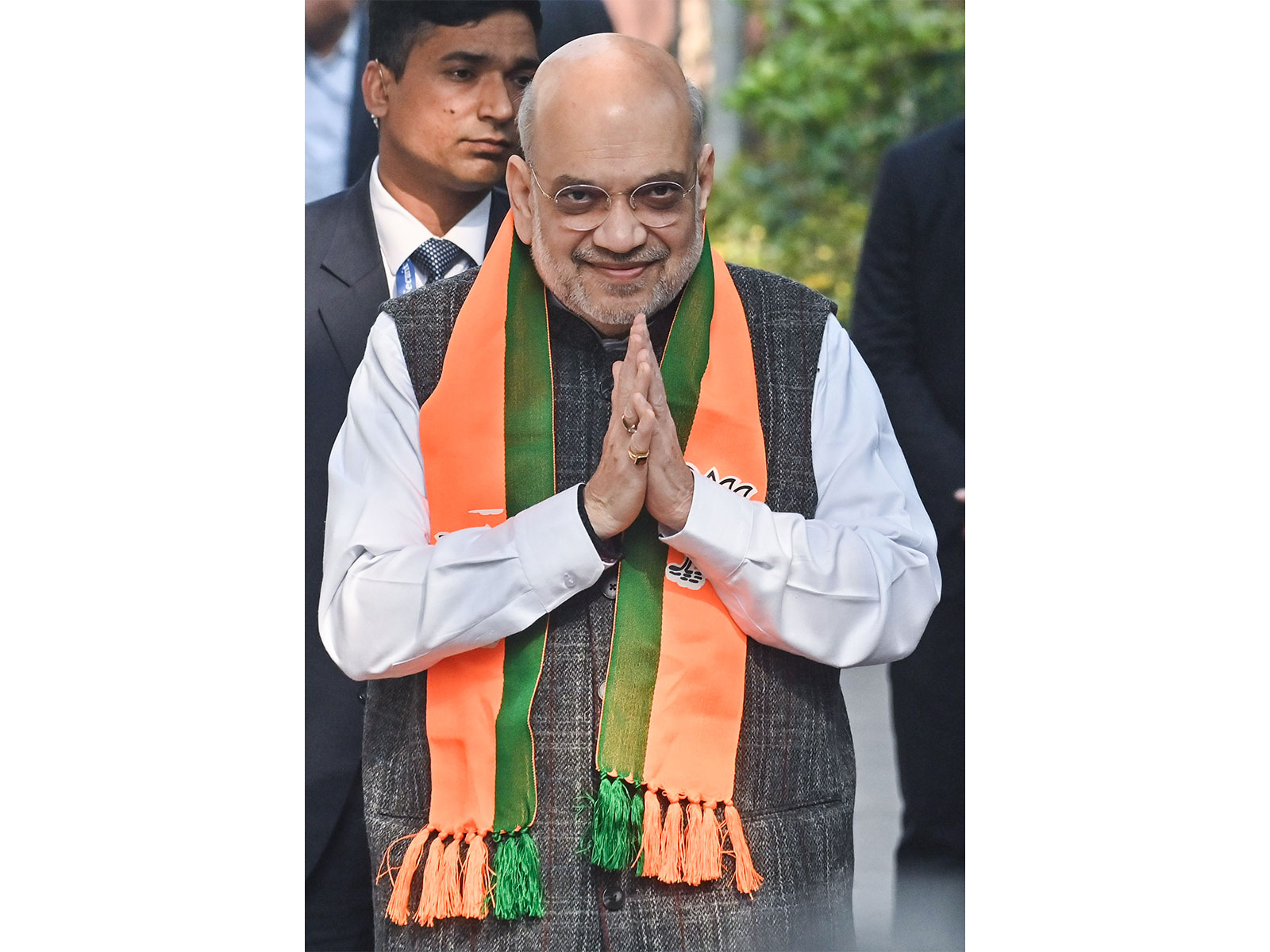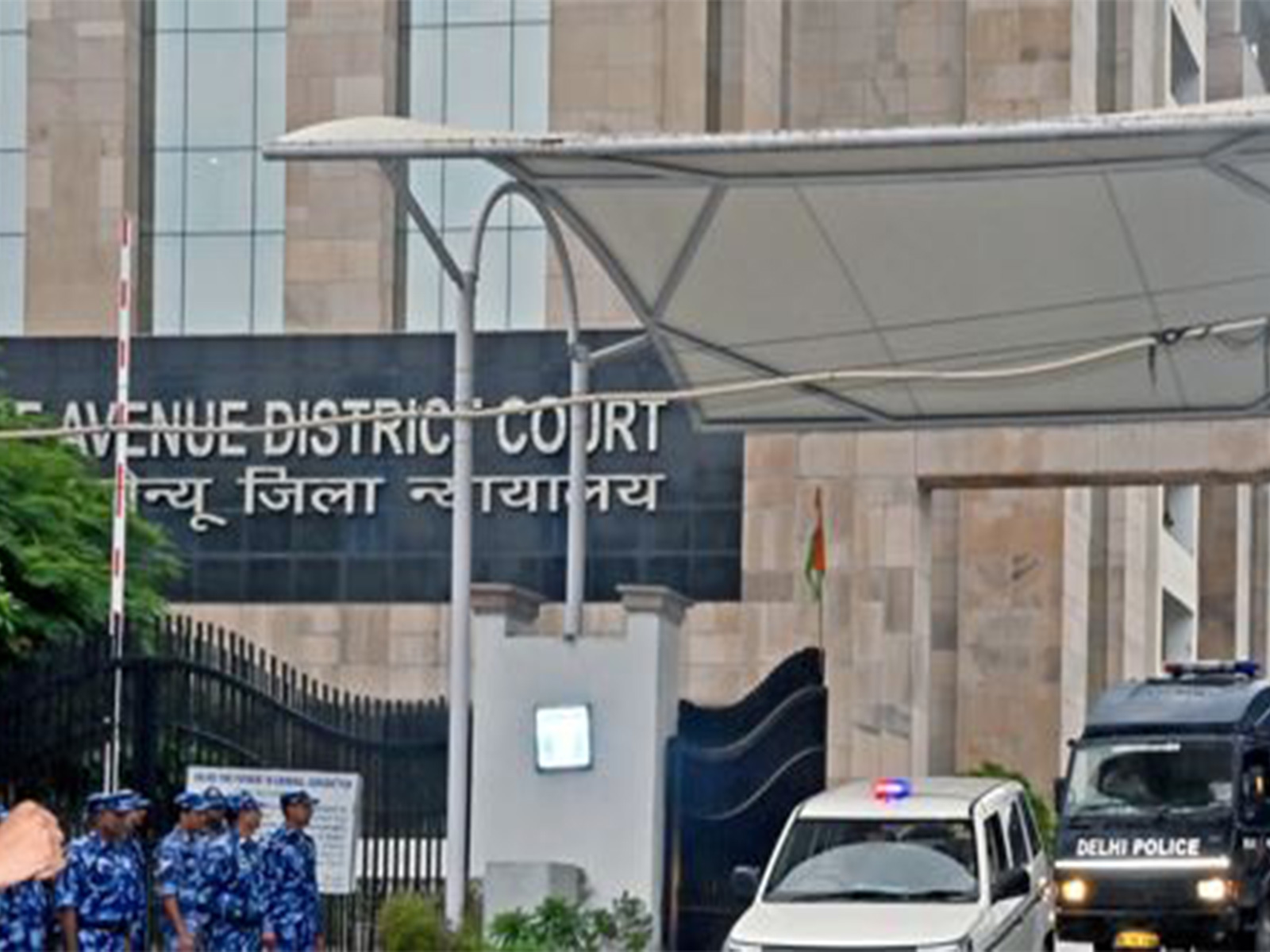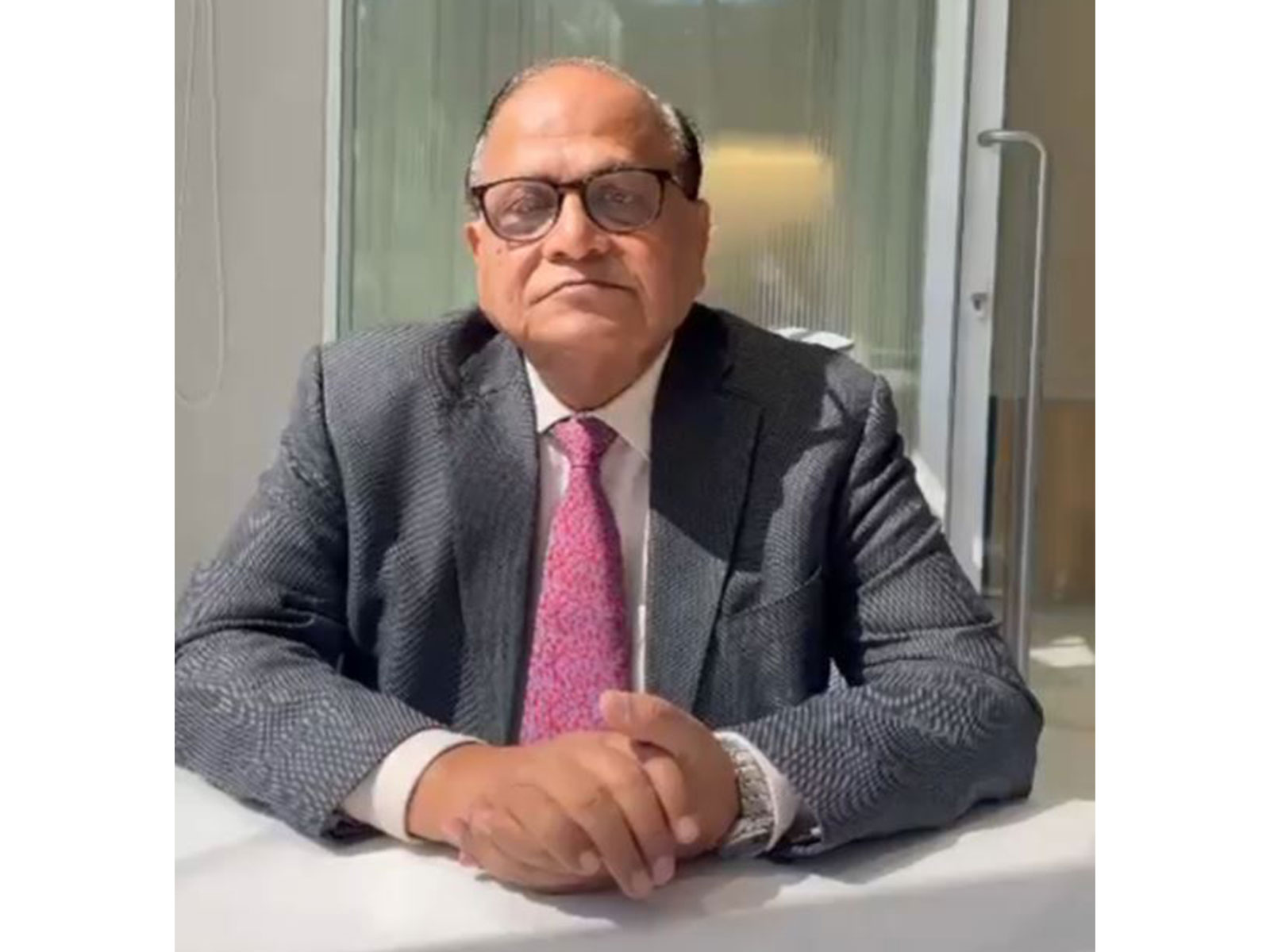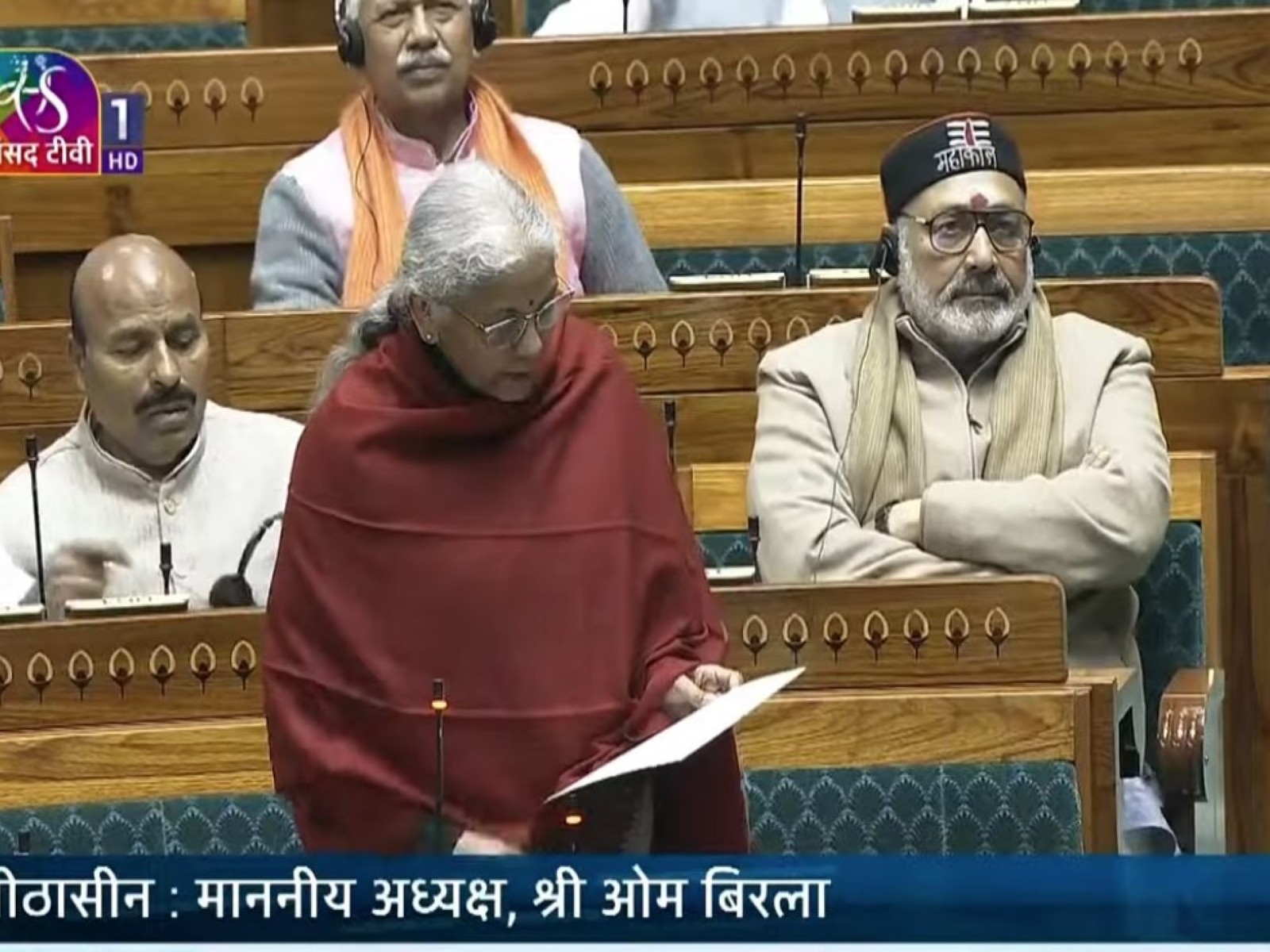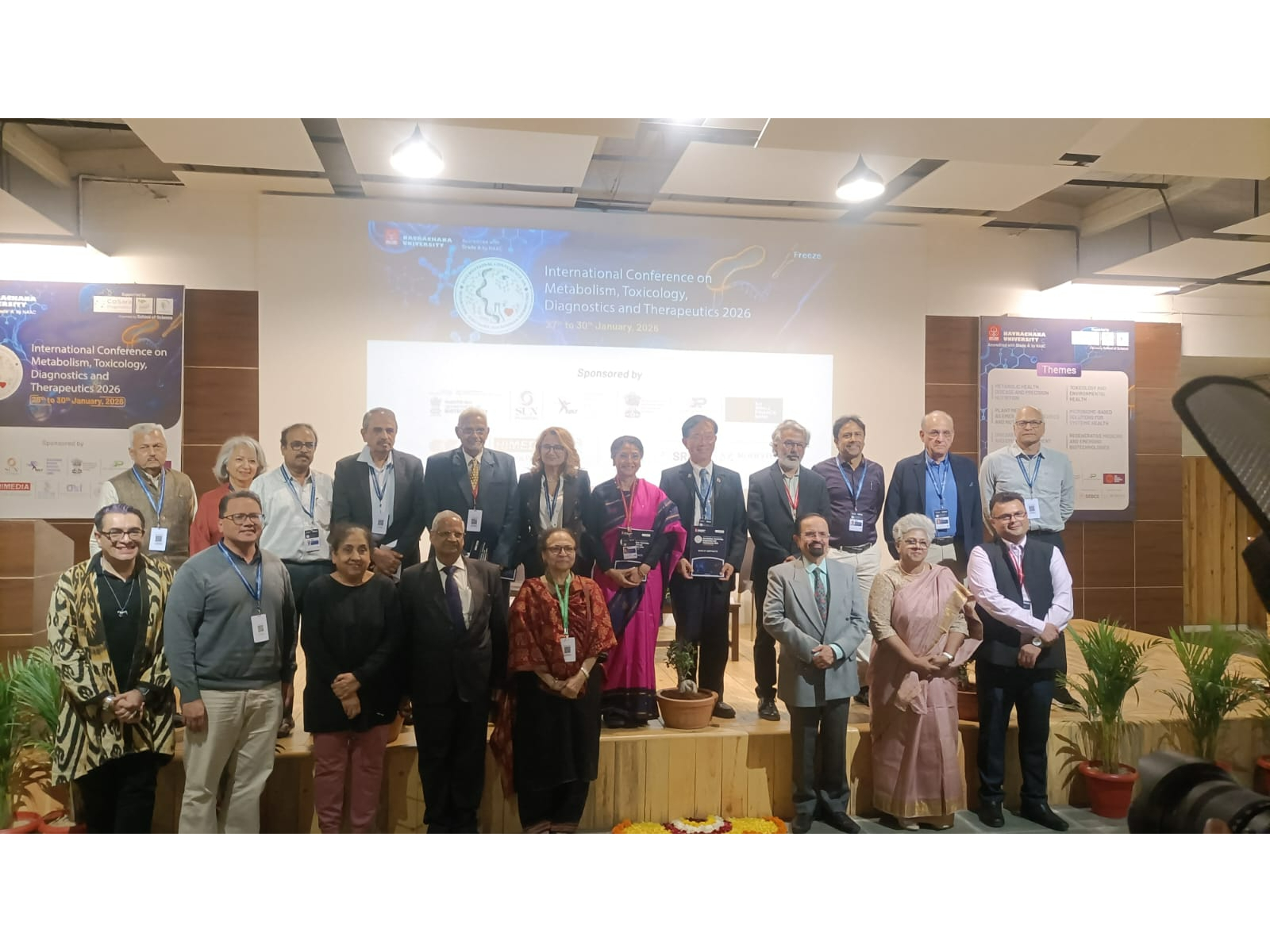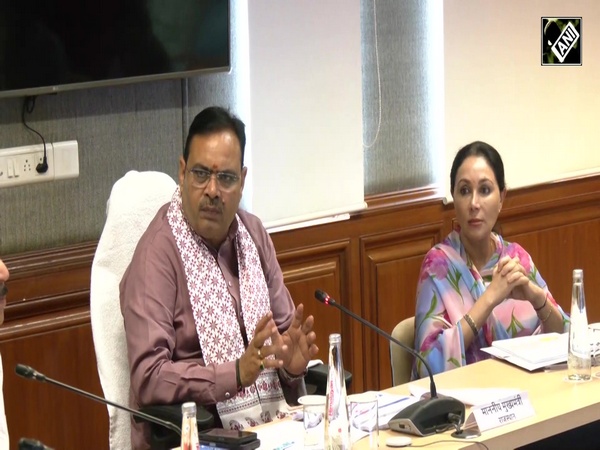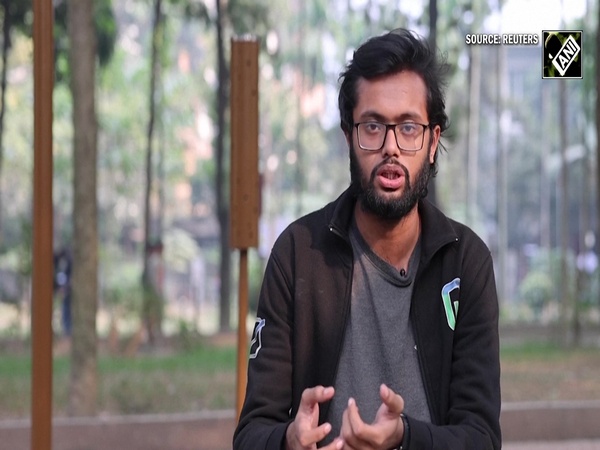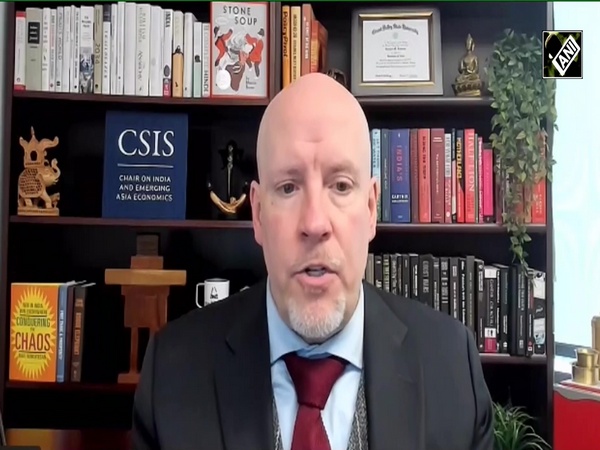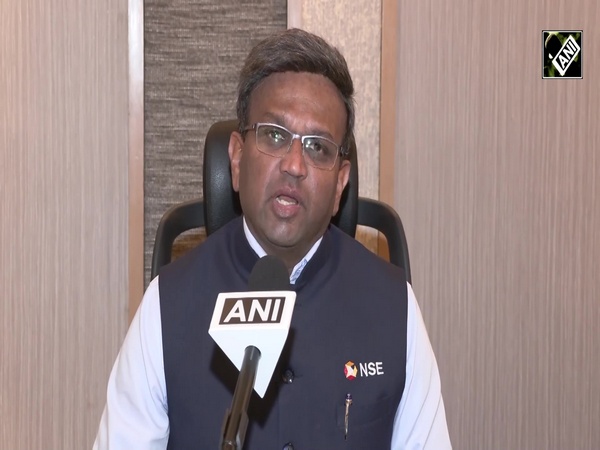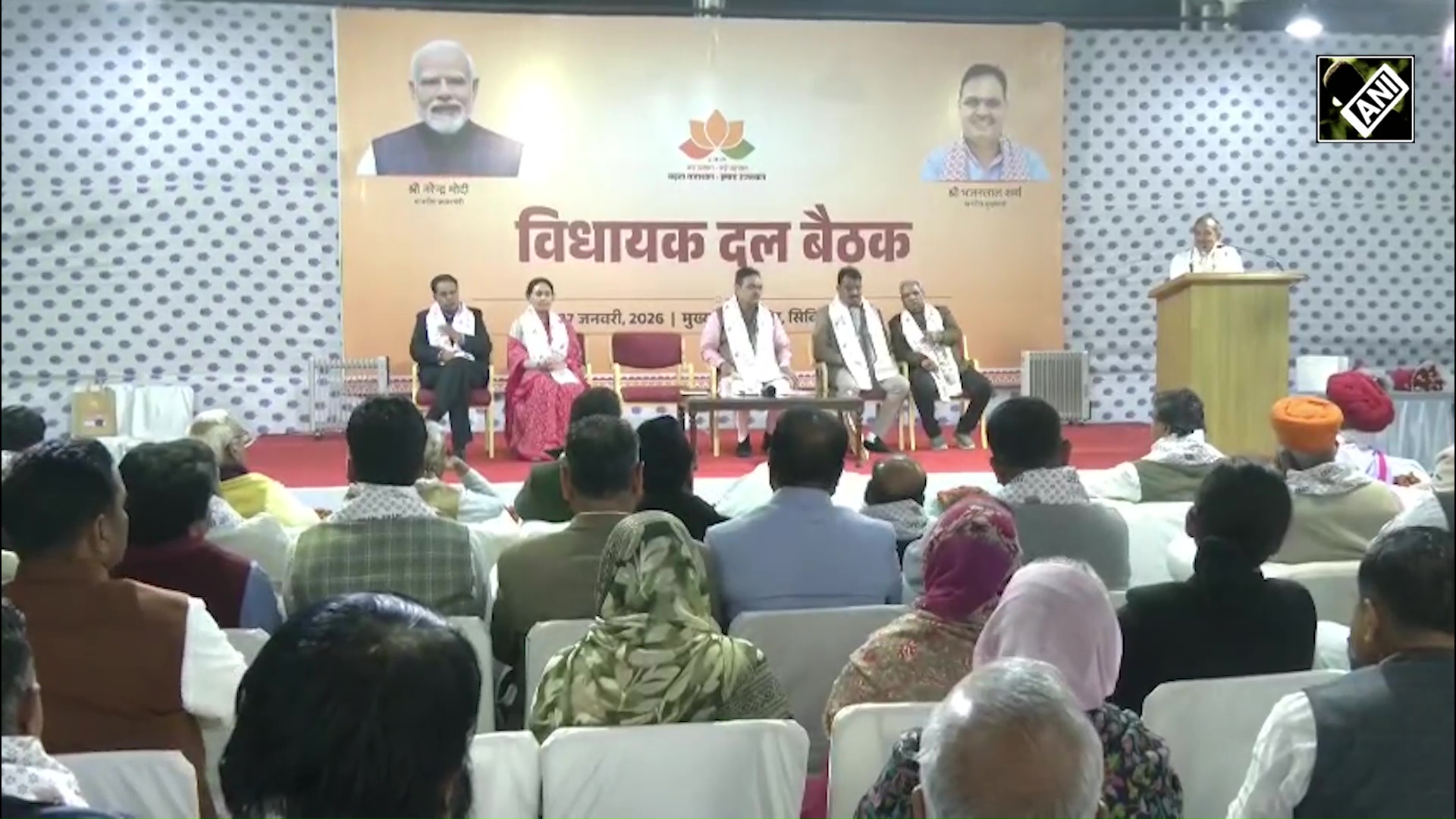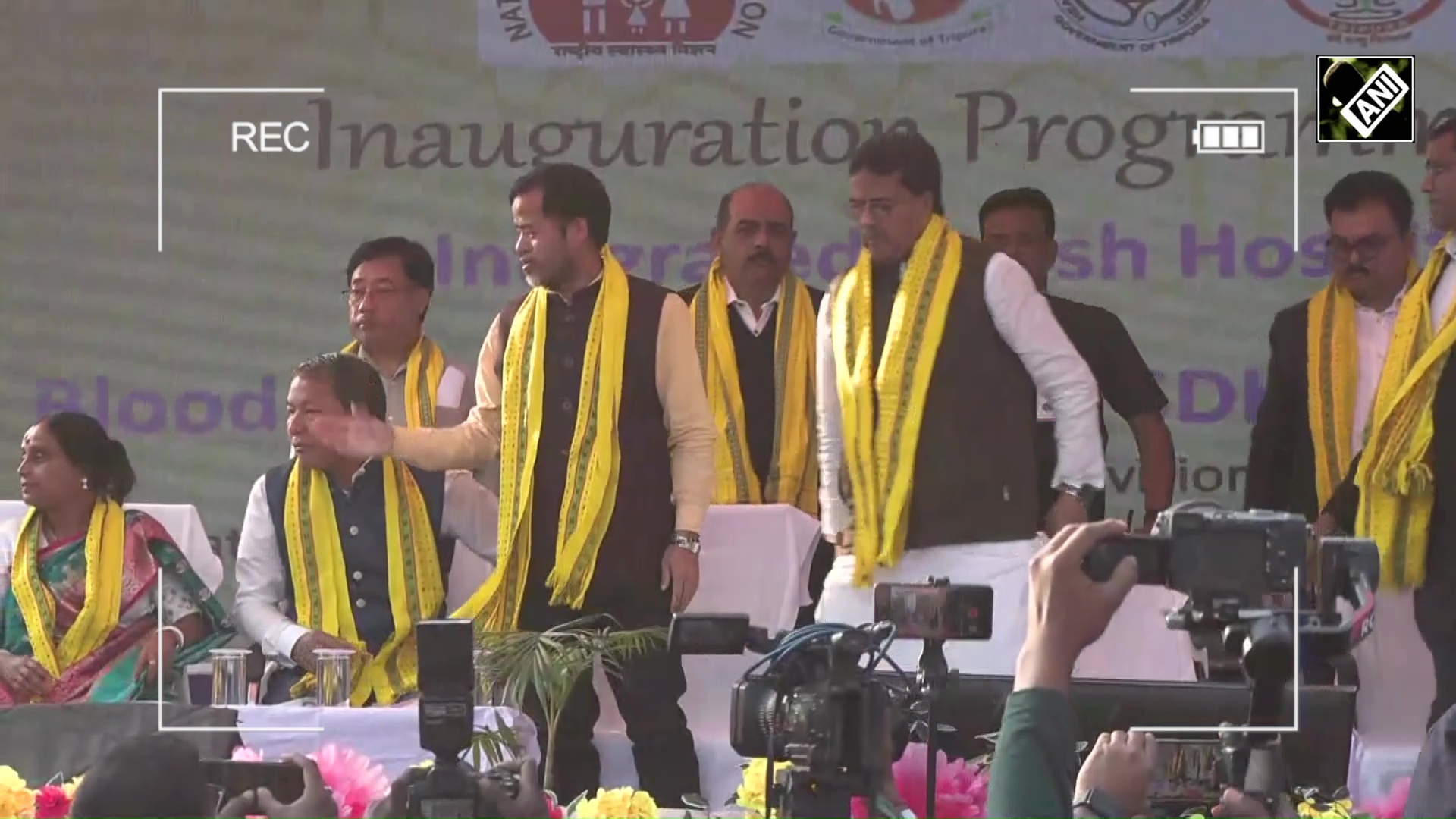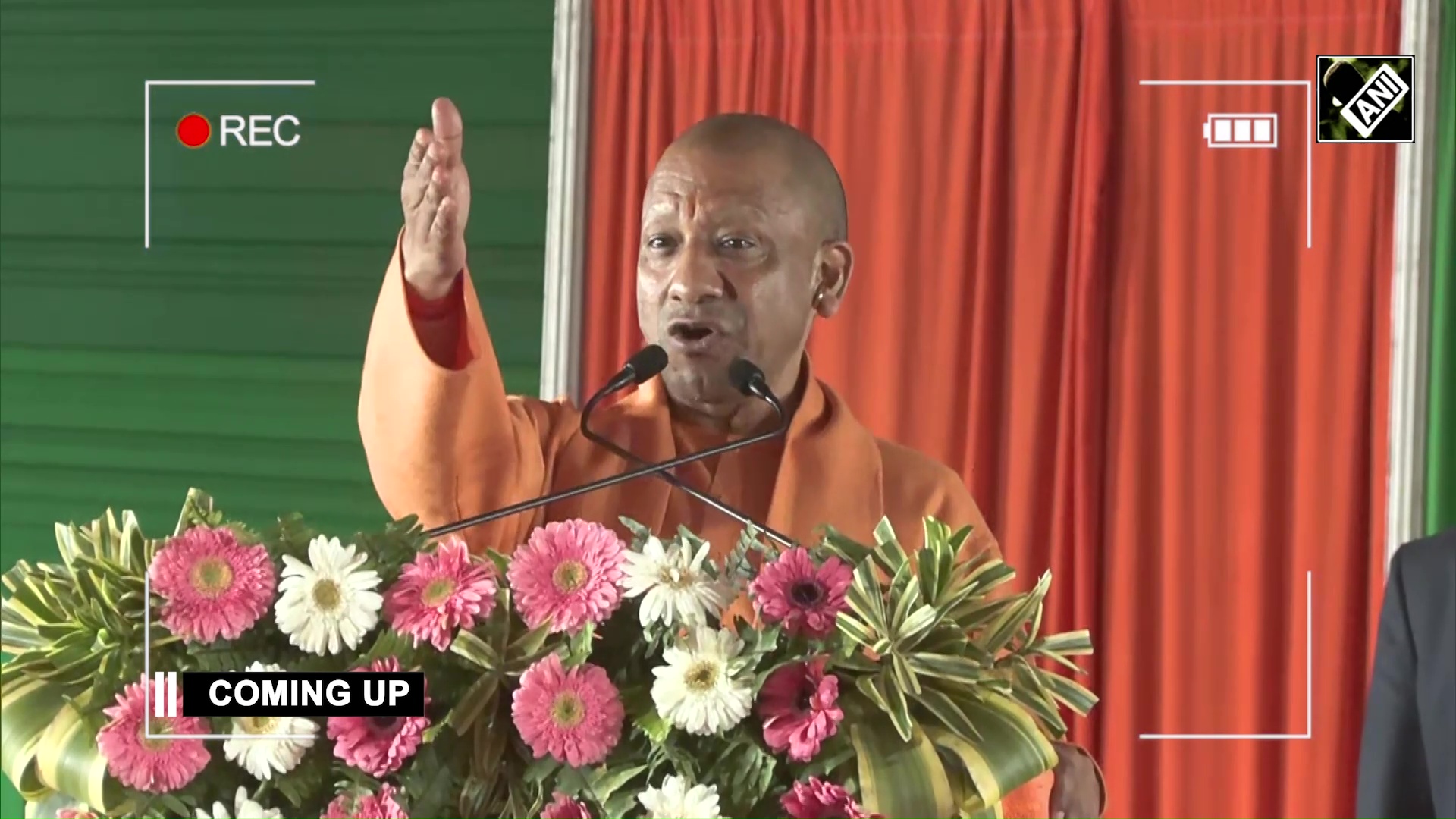Von der Leyen, Costa, Kallas nominated to lead European Union, despite opposition
Jun 28, 2024

Brussels [Belgium], June 28 : European Union (EU) leaders gathered in Brussels recently to settle on the bloc's leadership for the next five years, a decision that was not without controversy as Italian and Hungarian leaders expressed dissent. Despite opposition from Italy's Georgia Meloni and Hungary's Viktor Orban, Ursula von der Leyen, Antonio Costa, and Kaja Kallas were nominated to prominent EU positions at the summit, euronews reported.
Ursula von der Leyen secured her second term as President of the European Commission, while Antonio Costa, former Prime Minister of Portugal, was appointed President of the European Council. Kaja Kallas, the Estonian Prime Minister, was nominated for the role of High Representative for Foreign Affairs and Security Policy.
The confirmation of von der Leyen and Kallas still awaits approval by the European Parliament, while Costa's appointment as Council President is automatic due to his previous role. He is set to assume office on December 1st.
Italian Prime Minister Meloni voiced her opposition to Costa and Kallas, abstaining on von der Leyen's nomination, according to diplomatic sources. Orban opposed von der Leyen's candidacy but abstained on Kallas and supported Costa, according to euronews.
"I would like to express my gratitude to the leaders who endorsed my nomination for a second mandate," said von der Leyen on her re-nomination. "I am very honored."
Costa, in accepting his new role, expressed a sense of mission, stating, "It is with a strong sense of mission that I will take up the responsibility of being the next President of the European Council." He thanked his socialist supporters and the Portuguese government for their backing and emphasized his commitment to unity and advancing the Strategic Agenda.
Kallas, addressing her nomination, acknowledged the weight of responsibility in the current geopolitical climate: "This is an enormous responsibility at this moment of geopolitical tensions." She pledged to collaborate effectively with von der Leyen and Costa, emphasizing common European interests and values.
The decision to appoint these leaders came after party negotiators finalized a deal earlier in the week, which was subsequently endorsed during the summit. The Strategic Agenda, outlining broad ambitions for the EU's future endeavors, was also approved alongside the leadership appointments.
The negotiations and subsequent decisions were not without criticism from some leaders who felt marginalized in the process. Meloni, particularly vocal in her objections, criticized the process as "surreal" and called for more inclusive discussions reflecting voter sentiments, as reported by euronews.
Hungary's Orban echoed discontent, labeling the outcome as "shameful." In contrast, leaders like Germany's Olaf Scholz emphasized the need for political stability and swift action amid global challenges, including Russia's aggression against Ukraine.
Reflecting on the contentious summit, Belgian Prime Minister Alexander De Croo defended the decision, stating, "Democracy is not only about blocking; democracy is about who wants to work together." He underscored the importance of cooperation among the appointed leaders for the benefit of all Europeans.
Von der Leyen's re-election represents continuity in EU leadership, building on her experience navigating significant crises such as the COVID-19 pandemic and the Ukraine conflict. Her tenure has been marked by efforts to strengthen EU unity and resilience.
Antonio Costa's appointment as Council President signals a new phase, despite questions surrounding his political career in Portugal. His previous governance and diplomatic skills are seen as assets in enhancing the Council's role in EU affairs.
Kaja Kallas, known for her firm stance on international issues, faces the task of navigating EU foreign policy consensus amid diverse member state interests. Her appointment underscores the EU's commitment to effective global engagement and representation.
The trio's selection reflects the EU's emphasis on political diversity, geographical representation, and gender balance in leadership roles. Costa's heritage, with roots extending beyond Europe, also highlights a broader inclusivity in EU leadership.
Looking ahead, von der Leyen has initiated discussions with Socialist and Liberal groups to formulate a cohesive agenda for her next term. She expressed openness to broader parliamentary support to strengthen Europe's resilience and influence globally, euronews reported.
